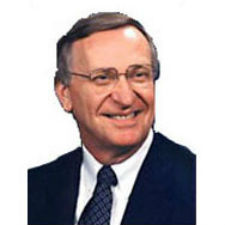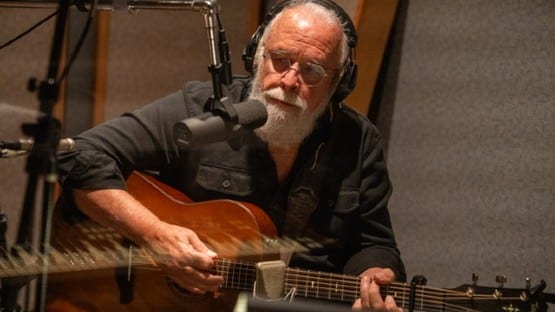
With all the history and pomp and circumstance that surround a legislative session the list of issues before the Assembly is very up to date. The need for legislation related to Uber, Airbnb, and Tesla electric cars is likely to be heard within the context of new practices of commerce coming up against established traditions and turf. Lobbyists outnumber legislators more than six to one with some seeking to protect the status quo and others wanting new directions and innovation. The job of legislators is to determine the public good among conflicting interests.
Fortunately not all issues are earth-shattering. Many of the more than 3,000 bills and resolutions that will be considered this year are fairly mundane dealing with the operation of government. Since localities have only the powers delegated to them by the General Assembly, there will be numerous “local” bills that may affect only a given local government. There are likely to be only 15 or 20 high profile bills that will get widespread press coverage and heavy public lobbying.
With the outcome of the national elections, the social conservatives will feel empowered to put in their bills to limit or eliminate legal abortions. The Governor is expected to veto these bills if they pass just as he did a year ago when he vetoed Virginia’s version of North Carolina’s HB2 permitting discrimination against LGBT persons. The national election experience last year will result in more bills to eliminate fraud from elections even though none has been shown to exist in Virginia. These bills do keep many citizens from being able to register and to vote.
There is a strong citizen effort to have Virginia adopt an independent non-partisan redistricting law for which I have been advocating since the 1980s, but the party in power would have to relinquish their power for that to happen which makes the legislation a long shot. I and others will be introducing gun safety legislation, but the NRA grip on the legislature is firm. Hopefully more citizen involvement will help to loosen that hold and reasonable common sense bills can be passed.
The good news likely to be coming out of the session is that meaningful reform of Virginia’s mental health system will take place and positive steps reforming public education will be enacted.
I will be covering other issues in future columns. In the meantime learn more about Virginia’s legislation process and the bills and resolutions being considered at virginiageneralassembly.gov.
Ken Plum is a member of the Virginia House of Delegates.










